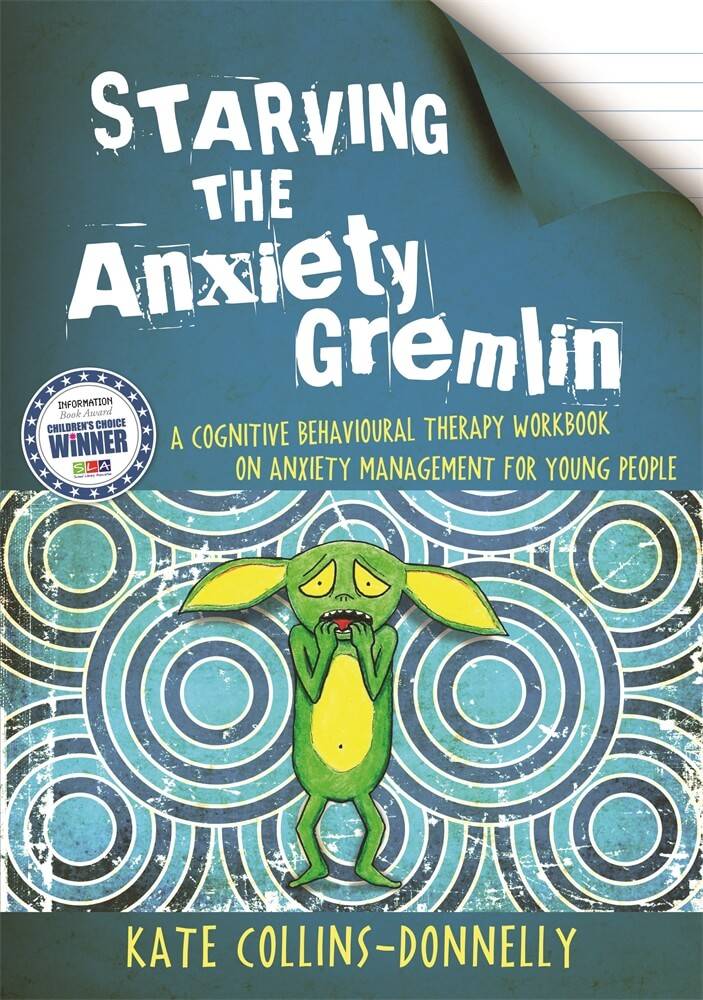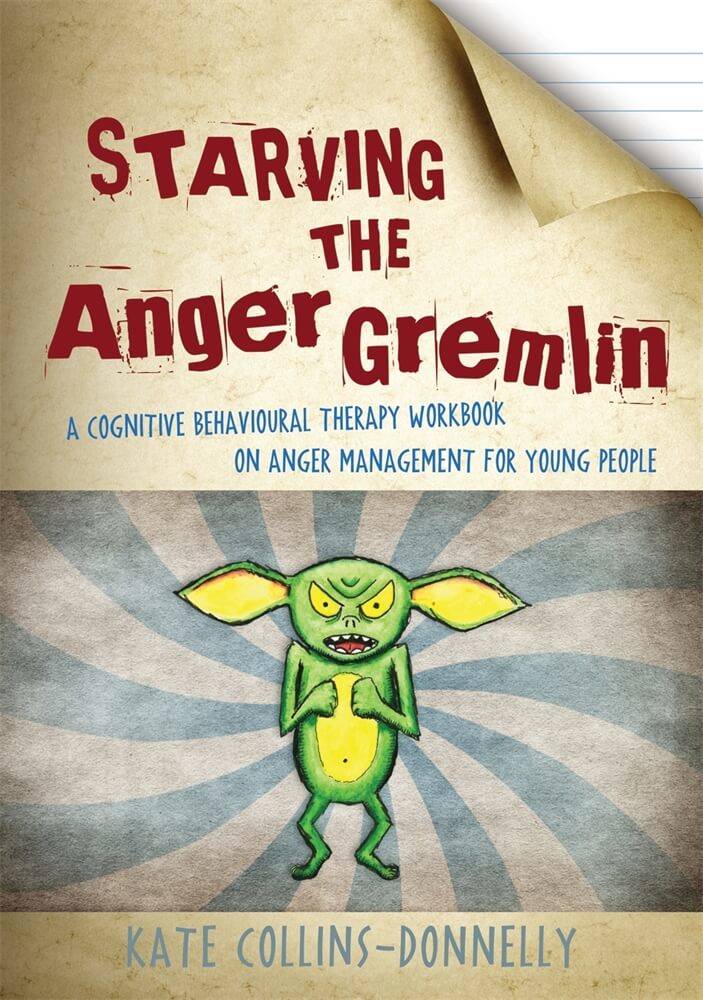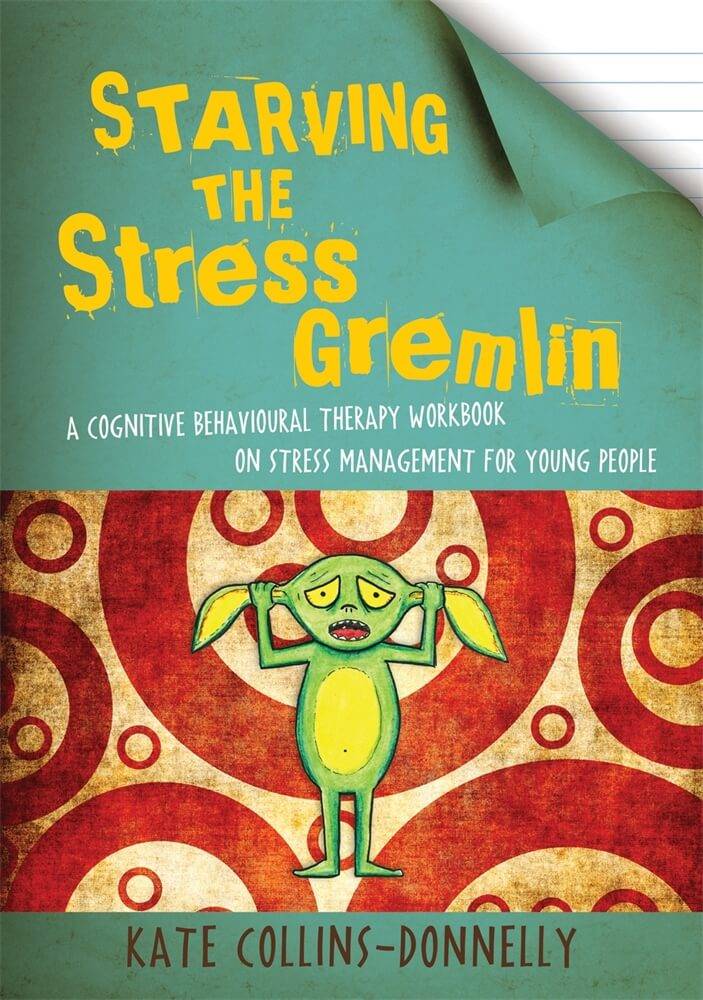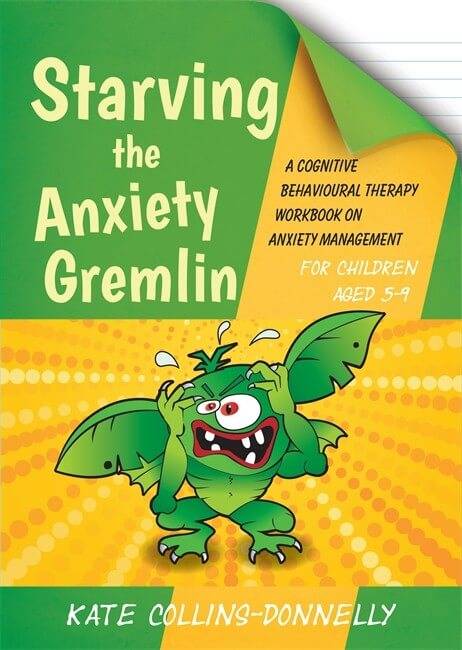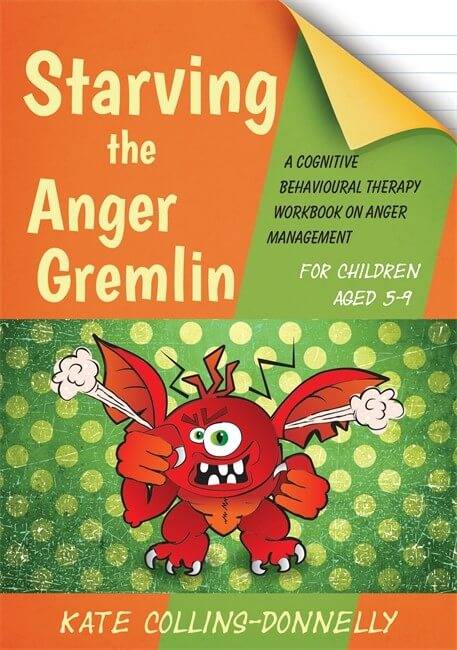Despite increased measures to help reduce bullying, children are unfortunately still bullied by their peers. Bullying can take on many forms. It includes verbal bullying, which can involve intimidation, insults, name-calling, and racist or homophobic remarks. It also includes physical bullying, which can involve hitting, kicking, or damaging property. Another type of bullying is what is known as social bullying, which is designed to cause humiliation or ruin someone’s social reputation. That can include spreading rumors, lying, and playing so-called jokes that embarrass or humiliate a child. These age-old forms of bullying are still problematic. Now, add to the mix a new form, cyberbullying—which is just as frightening. Today’s bullies do not have to be the tallest, biggest, strongest, and most popular kids, because anyone can be a cyberbully.
Fists are no longer the most popular weapon of choice for children, especially young children, pre-teens, and teens. A new weapon of choice involves internet access and a smartphone or a computer. Now children have more options if they want to torment, terrorize, harass, and bully each other.
“New age bullies,” or “cyberbullies,” infiltrate social media pages, emails, private messages, and text messages to intimidate their “targets” (victims). And although cyberbullying doesn’t cause the physical injuries that fistfights can, it is just as destructive and the impacts longer lasting. Why? Because it is emotional. These bullies seek to damage self-esteems and self-confidences, ruin reputations, and promote false narratives (untrue and unfair rumors and lies) about other children through digital means. Since a cyberbully may not see or hear the pain they are causing, they can become even more hostile and mean-spirited than when bullying face-to-face. All forms of bullying, including cyberbullying, cause both short-term and long-term psychological pain. However, because cyberbullying does not leave physical scars and may have no witnesses, no one may know the victim is suffering or needs help.
Cyberbullying, just like face to face bullying, can lead to a host of problems for its victims, such as depression, panic attacks, PTSD, mood swings, anger, a change in personality, behavior, sleep patterns, and appetite, social withdrawal and isolation, inattention, a decline in grades, anxiety, addiction, self-harm, and even possibly suicide attempts or suicide.
This form of bullying is especially damaging because it is non-stop and carried out through the internet and electronics. This means that victims can be bullied any time they turn on their devices—at home, school, work, and even while out with friends and family. The good news is you can help your child fight and win his or her battle with cyberbullying.
The Signs
Here are five signs that your child may be being harassed or terrorized by a cyberbully:
- Nervousness, Anxiety and Fear
If your child appears nervous, anxious, or afraid after receiving a text message, phone call, voicemail, private message, instant message, or email, she may be a victim of cyberbullying. In addition, if your child is apprehensive about logging-on and checking her social media pages and posts, it’s probably because she is afraid of what is being said about her on these sites. Both instances may signal that your child is being bullied online or electronically harassed. - Pretends to Be Sick
If your child suddenly starts feigning sickness to get out of going to school or to avoid social gatherings, there is a strong chance he is being cyberbullied and feels embarrassed about what is being said online about him. This is especially true if your child’s peers can also see what is being said online about him. The gossip and rumors may be distressing for your child, which is why he pretends to be ill. It’s a way to avoid having to interact with peers. - Hides Online Activities from You
If your child hides her online activities from you or refuses to tell you what sites she is visiting, there is a chance that she is being harassed or tormented. In addition, if your child hides his or her emails, text messages, and social media pages from you, but becomes visibly upset or angry after reading these messages, she may be a “target” of a cyberbully. Your child may be ashamed and not want you to know she is being bullied. - An Unexplained Change in Behavior
If your adolescent’s behavior has changed for no real reason, he may be being bullied online. Victims usually experience an unexplained change in behavior. For instance, you may notice your child has either a poor appetite or an excessive one, a problem falling and staying asleep at night, is angry, anxious, depressed, or irritable most of the time, has chronic headaches and stomachaches, isolates himself, feigns sickness, and is tired all of the time—the complete opposite of his normal demeanor and behavior. - Withdrawal and Suicidal Thoughts
If your young child, pre-teen, or teen has begun to withdraw from friends, family, and cherished activities, there is a possibility she is being cyberbullied.
Note: If your child begins to isolate herself and appears to be depressed, angry, or highly anxious, it is important you seek immediate help from a qualified child counselor or psychologist. Withdrawal, along with depression, anger, anxiety, or fear, can quickly escalate into suicidal ideation (thoughts, attempts, and suicide), so it is important to seek help for your child ASAP.
How Can You Help?
Here are ways you can help your child get rid of a cyberbully:
- Limit Internet Access and Block the Cyberbully
Monitor how much time your child is spending on the internet. Limit internet and phone access. Also put “child blocks” and tracking systems on their devices so your child cannot access social media sites, emails, and texts without your permission. In addition, block the cyberbully from contacting your child and report to authorities if necessary. Lastly, have your child deactivate or delete his social media sites in front of you, then supervise when he is on the computer, phone, and tablet. - Keep the Lines of Communication Open
Try to communicate with your child. Do not, however, come across as judgmental or critical towards her or the situation. Ask your child if anyone is bothering her at school, in the neighborhood, on the bus, or online.
If your child admits to you that she is afraid or upset because she is being electronically bullied, offer her real-life “doable” suggestions, such as limiting the amount of time she spends on the internet, blocking the cyberbully, going to counseling, spending more time with friends and family, homeschooling (under your strict supervision) for a while, contacting school administration and law enforcement, deactivating or deleting social media pages, changing her phone number and email address.
Make sure your child understands she can talk to you about anything. She needs to feel secure, safe, and supported by you. Do not, however, push her to talk to you about what is going on if she doesn’t want to. Table the conversation for another time and set up an appointment with a child psychologist. - Seek Help from a Child Counselor
If your child refuses to tell you why he is experiencing an unexplained change in behavior and the “changes” continue or worsen, set up an appointment with a child counselor. This trained mental health professional can help your child open up and share how he is feeling and what is happening in his life. A professional can also offer your child tools and techniques that will help him better cope with the stress of being cyberbullied.
In Summary…
Keep in mind that the “signs” of cyberbullying are linked to children who have internet access and one or more electronic devices. Help your child understand that with her assistance, you can stop the abuse. You can de-stigmatize the “act” of alerting authorities by helping your child understand that it is a way to take back her power. Lastly, it is important that you reassure your child that she has your support, and that you will protect her from the bully.
About the Author & Parenting Pod:
Dr. Ree Langham holds a BA in English from Fisk University, an MMFT in marriage and family therapy from Trevecca Nazarene University, and a PhD in family psychology from Capella University. She is also an author at Parenting Pod. Parenting Pod is a resource for parents and educators who want to raise happy and resilient kids. It provides key information about the link between children's behavior and their mental health, including insights, guidance, and practical skills for caregivers to help children thrive and succeed in today's world.










